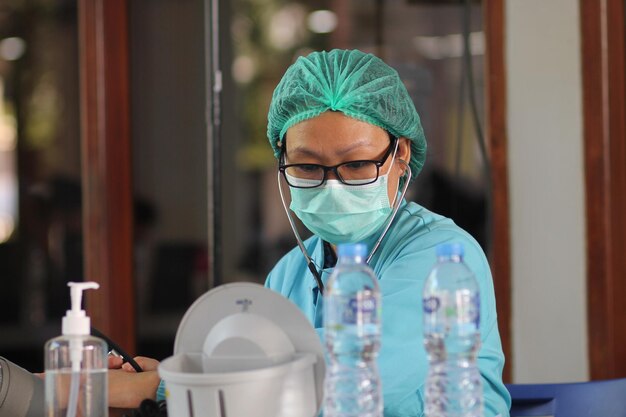How to Become a Certified Nurse Anesthetist: Essential Degrees and Certifications
Becoming a Certified Registered Nurse Anesthetist (CRNA) is a rewarding career path that combines advanced nursing practices with specialized medical expertise. To embark on this journey, aspiring CRNAs must first earn a Bachelor of Science in Nursing (BSN) and pass the National Council Licensure Examination (NCLEX-RN) to become a Registered Nurse (RN). With hands-on clinical experience in critical care required, a minimum of one year working in an intensive care unit (ICU) is often necessary before pursuing further education. Prospective nurse anesthetists must then aim for a graduate-level degree from an accredited nurse anesthesia program, either a Master of Science in Nursing (MSN) or, increasingly, a Doctor of Nursing Practice (DNP). Completion of this rigorous program culminates in passing the National Certification Examination for nurse anesthetists, paving the way for a robust career that demands and rewards continuous learning and adaptability.
Here is a clear roadmap of the key educational steps and certifications needed to achieve CRNA status:
- 🎓 Bachelor of Science in Nursing (BSN)
- 🩺 RN Licensure: Pass the NCLEX-RN exam
- 🏥 Clinical Experience in ICU: At least 1-2 years
- 📚 Graduate Degree in Nurse Anesthesia: MSN or DNP
- ✅ CRNA Certification: Pass the National Certification Examination
This path ensures that graduates have both the academic knowledge and practical skills necessary to excel in this highly specialized field.
